 Clare Simons was the press person and gatekeeper to the stories of the terminally ill patient-plaintiffs defending Oregon’s Death With Dignity Act at the U.S. Supreme Court, and worked for passage of assisted dying laws in several states. She is a member of PEN International, the Women’s National Book Association and a former cohort at the Pinewood Table in Portland, Oregon and the Ocean Beach Writers Collective in San Diego.
Clare Simons was the press person and gatekeeper to the stories of the terminally ill patient-plaintiffs defending Oregon’s Death With Dignity Act at the U.S. Supreme Court, and worked for passage of assisted dying laws in several states. She is a member of PEN International, the Women’s National Book Association and a former cohort at the Pinewood Table in Portland, Oregon and the Ocean Beach Writers Collective in San Diego.
What led you to becoming a writer?
(CS): My erudite English mother who read poetry to me at bedtime and my ex-boxer Slovak dad whose talent as a street-smart raconteur won him a trophy for Throwing the Bull, taught me to love the musicality of language and a rockin’ good story. I learned early the power of a library card that made me a citizen of the civilized world — for which I will always be grateful.
In my twenties, I studied method acting and sense memory with a famous teacher in Manhattan and learned scene structure reading plays by Chekov, Ibsen, O’Neil and Tennessee Williams. Becoming immersed in the emotions of the words and the silences that opened between them, made the drama come alive. Short stories by Flannery O’Connor, Dorothy Parker, Truman Capote, and Raymond Carver revealed the craft behind the work. Like Emily Dickenson, I love to tell a story…but tell it slant.
A lot of your writing centers around personal events from your life. How do you choose which topics to write about?
(CS): I think in pictures and feel sounds. Stories reveal themselves and lead me down roads with detours, potholes, dead ends and make me wish I didn’t care about following them to the end. On good days, my best lyric writing has color, music, and style and emerges fully formed like the glorious birth of Aphrodite. Most writing days, I’m a dog circling its bed, marking territory and trying to align my paws with the magnetic field of the earth.
Do you have a favorite work that you’ve written?
(CS): My first published story, The Greatest, won a writing competition and was included in the anthology An Ear to the Ground: Presenting Writers from 2 Coasts by Cune Press. I mailed a copy of the book to Muhummad Ali and requested an autograph. His wife read my braided essay about heroes and boxing and liked that it was written by a woman. She asked permission to post it on Ali’s website, where it appeared along with works by Joyce Carol Oats and Norman Mailer. I’d hit the bigtime — or so I thought. Thirty-years later this early work shows, I already had a “voice” on the page and was beginning to find my footing as a creative nonfiction author.
Can you tell me more about your memoir?
(CS): To Be Here Is Immense, my 80,000 word hybrid memoir is a big sexy epic, a heroine’s journey into the netherworld and a coming-out-of-the-tomb opus. I never knew how much love was available to me until the love of my life died, and another great love, my guru, Mata Amritanandamayi, Amma the hugging saint, called to say she was praying for my mental strength. The question of how to live another day began the retracing of my spiritual path — exploring everything I thought was true. A lifetime of reading and rituals went up in smoke, along with my husband’s body and burnt in the fire of transformation. What I found amazed me.
Were there any obstacles you had while writing your memoir?
(CS): If I’d known creating this book was going to be so hard, I would have taken up knitting. Early drafts went through coaches and critique groups who suggested I begin with my childhood stories. Those drafts are in a file box in my storage area, along with receipts for chiropractic adjustments, nutritional supplements, and acupuncture. The manuscript I am submitting to agents and publishers never would have come into being without my patient readers and friends who endured rants and muddled drafts and the unflinching support of my editor, the muse and poet Judyth Hill.
Lastly, what is something you have learned about yourself when working on the memoir?
(CS): Anyone who has been humbled by the death of a loved one…lost and found their balance somewhere between faith and doubt, learned to live with half-truths, cries in the night, blessed blue jays, jasmine tea and reality TV, and been called brave, resilient, the mother of reinvention, knows this tenuous territory of mourning. Mine is a seekers and skeptics story, a prayer for the road; for all who limp, lurch, tip toe, stagger down the path of imperfection, may we all cross paths, someone on the road to Elsewhere. My aim is to transport readers across time zones, off the map, behind the veil, beyond the void and into the mystery. For those who tend to grapple with ineffable, marvel at the sacred and mundane, may you find a refuge in this story and remember to believe in the healing power of love.
Simons has been widely published, her essays about Amma, India’s hugging saint, appeared in Parabola and Spirituality & Health, her essay, “The Greatest,” appeared on the official Muhammad Ali website alongside works by Joyce Carol Oats and Norman Mailer. Her work has also appeared on Anti-Heroine Chic, bioStories, Change Seven, Faith Hope & Fiction, Manifest Station, Persimmon Tree, Story Sanctum and The Write Launch websites. Publication of her memoir is forthcoming.

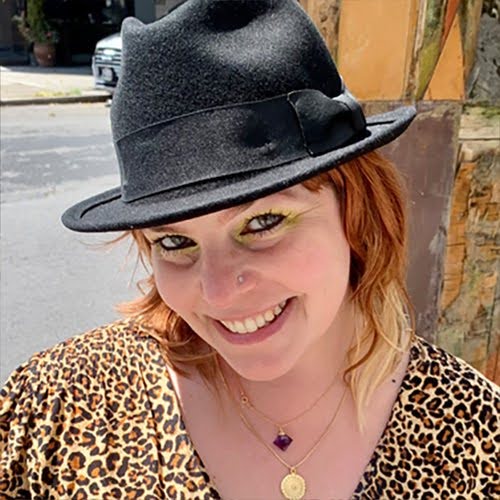
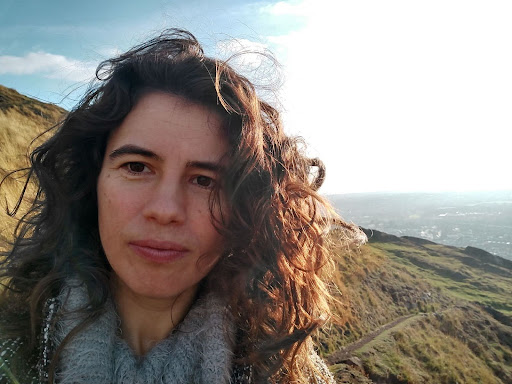 Jonica Tramposch is originally from the Pacific Northwest and is a nomad by nature, although she has been based in Orlando for several years at this point (which boggles her mind).
Jonica Tramposch is originally from the Pacific Northwest and is a nomad by nature, although she has been based in Orlando for several years at this point (which boggles her mind). 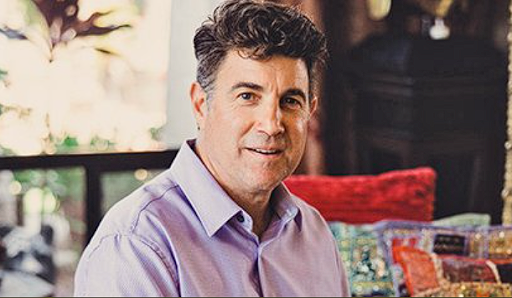 As a dedicated writer, Scott Sallinger has a deep interest in personal growth and human behavior. He studied psychology in college and completed a transformative three-year program at MTT, where he coached students in personal development. He has shared his insights in his book, numerous articles, and a series of how-to videos focused on creating a home with purpose and meaning.
As a dedicated writer, Scott Sallinger has a deep interest in personal growth and human behavior. He studied psychology in college and completed a transformative three-year program at MTT, where he coached students in personal development. He has shared his insights in his book, numerous articles, and a series of how-to videos focused on creating a home with purpose and meaning.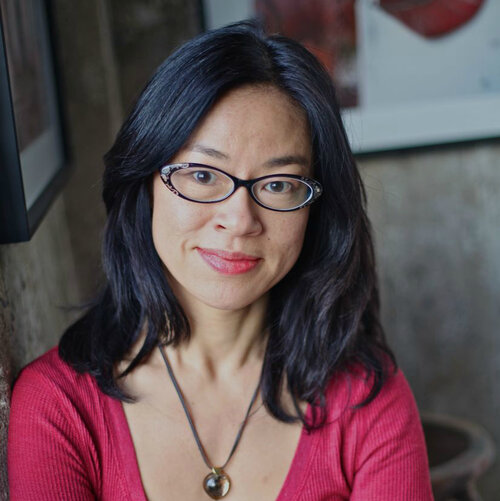
 What new perspectives and messages do you hope readers gain from reading The Book of Awesome Asian Women?
What new perspectives and messages do you hope readers gain from reading The Book of Awesome Asian Women? Shanti Ariker is a writer by night and a lawyer by day. The start of her memoir appears in How We Change, the 2024 San Francisco Writer’s Foundation Writing Contest Anthology. Her work has been published in The Thieving Magpie, On Being Jewish Now substack and Simpsonistas Vol. 3.
Shanti Ariker is a writer by night and a lawyer by day. The start of her memoir appears in How We Change, the 2024 San Francisco Writer’s Foundation Writing Contest Anthology. Her work has been published in The Thieving Magpie, On Being Jewish Now substack and Simpsonistas Vol. 3.
 What is the message/meaning behind your memoir
What is the message/meaning behind your memoir 
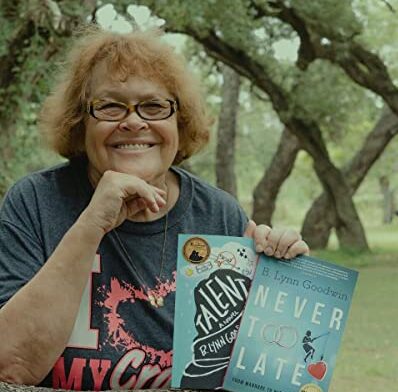




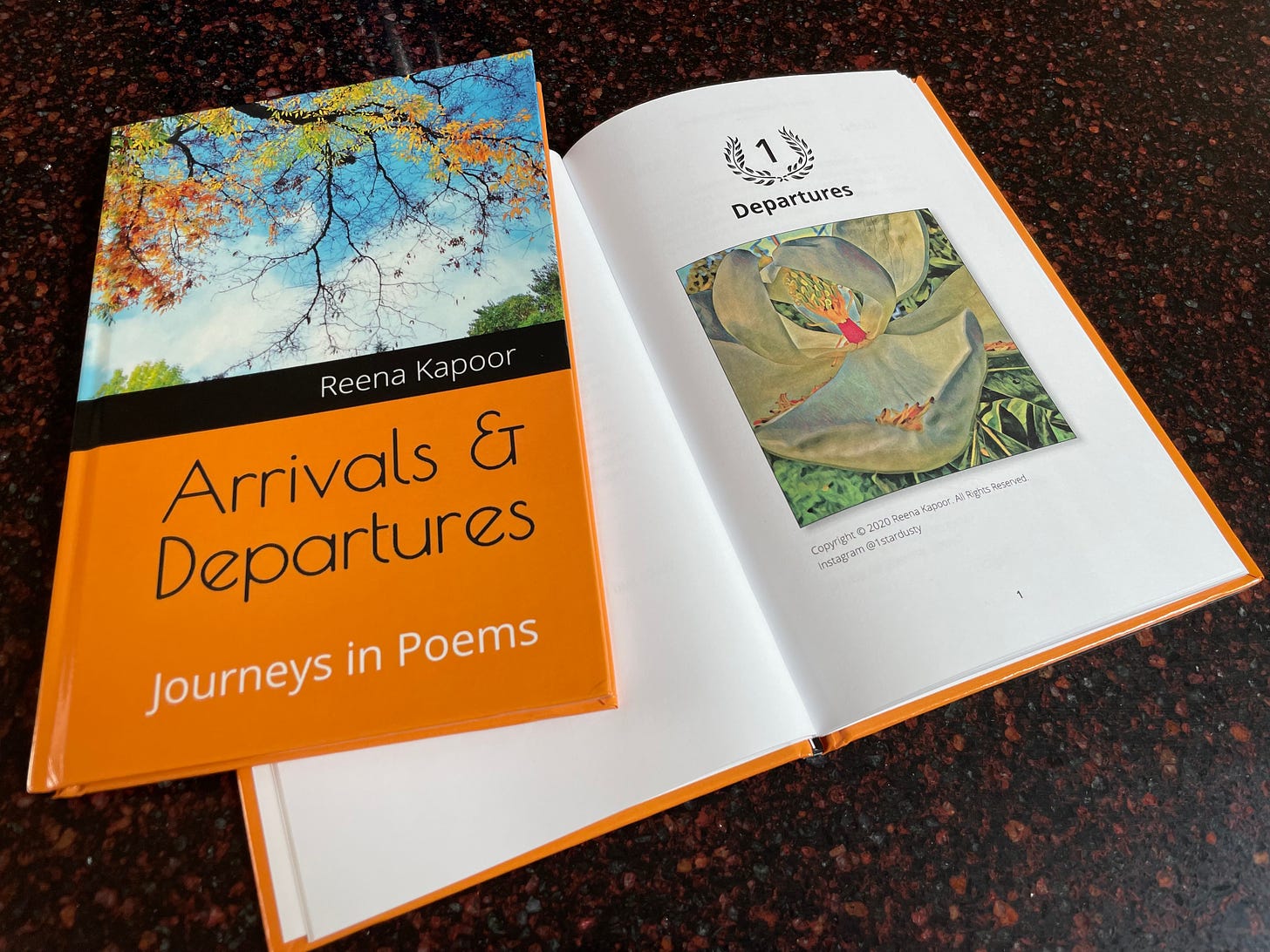 A lot of the poems are also from a unique personal history of my family’s origins which is tied to the history of India. India became independent from British colonial rule in 1947 and at the same time India was partitioned into two countries Pakistan, which became an Islamic Republic, and India, which continued on as a secular Republic. Unfortunately, this was not a peaceful split. A great upheaval, terrible violence and tragedy followed as both Hindus and Muslims who found themselves on the “wrong” side of the border (based on religion) were forced to flee their generational homes, their lives and the only homes they’d ever known. Both my parents were refugee children whose families had to leave everything in what now became Pakistan to move to the new India. Several of my poems are about this 1947 Partition of India, and the tragedy and traumatic aftermath of that event. In particular, my interest has been on the effect it had on women and injustice and tragedy that they suffered during Partition. Those poems are also part of my collection. I continue to write essays on that subject as well.
A lot of the poems are also from a unique personal history of my family’s origins which is tied to the history of India. India became independent from British colonial rule in 1947 and at the same time India was partitioned into two countries Pakistan, which became an Islamic Republic, and India, which continued on as a secular Republic. Unfortunately, this was not a peaceful split. A great upheaval, terrible violence and tragedy followed as both Hindus and Muslims who found themselves on the “wrong” side of the border (based on religion) were forced to flee their generational homes, their lives and the only homes they’d ever known. Both my parents were refugee children whose families had to leave everything in what now became Pakistan to move to the new India. Several of my poems are about this 1947 Partition of India, and the tragedy and traumatic aftermath of that event. In particular, my interest has been on the effect it had on women and injustice and tragedy that they suffered during Partition. Those poems are also part of my collection. I continue to write essays on that subject as well.